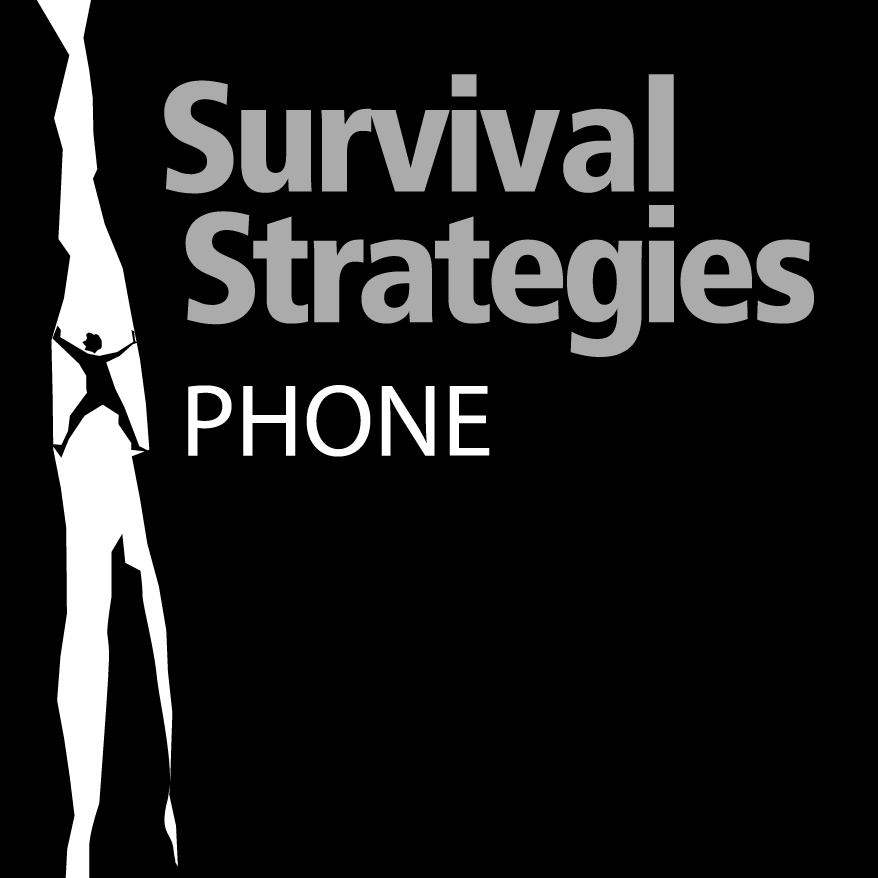Michael Jordon shot 82% from the free throw line. Accident? There’s no telling how many he shot each day to reach this level of achievement, but anyone who does anything well does it through practice! The concept of practice has been around for centuries. The reason it works is because it “prepares” you for what may or may not happen. You will never know what will happen until it really happens, but practice allows you to simulate events in order to “practice” your response to variable events.
When that event happens, if you are not prepared through practice, you will hesitate. Whether that hesitation is a nanosecond or a second or three seconds, the result is a deterioration of performance. Phone work is no different than anything else; with practice, you can become extremely effective.
What does “practice” mean?
Repetition. Being confident in what you are “selling.” Dale Carnegie, who has become a guru of social media and experienced a renaissance of interest, wrote a book called How to Win Friends and Influence People. He offered timeless principles, which can actually apply directly to your phone technique. Let’s review some of them (by the way, you should READ that book!). His principles are in italic type, and commentary follows each principle.
- Don’t criticize, condemn or complain. Be a “provider.” When you are on the phone, LISTEN! Listen carefully to what you are being told. Do not let your personal “agenda” come into play, but rather, be guided by your customer or prospect. Like in dancing, be the follower. But also like in dancing, do not underestimate the importance of responding to the lead you are given: each partner in a dance depends on the other to successfully complete the movement.
- Give honest and sincere appreciation. Positive reinforcement with “I understand” or “I see” is important when you are listening. Have you ever heard someone say to you, “Are you still there?” when they have been talking to you? That’s because you haven’t responded! Feedback is essential in a successful phone conversation.
- Arouse in the other person an eager want. When it’s your turn, talk with a genuine, sincere tone. Do not fake anything! There’s nothing worse than listening to someone pour their situation out to you, and then respond with something superficial.
- Become genuinely interested in other people. You can’t teach this or learn it. You have to “be” it!
- Smile. Your facial expressions are translated over the phone. If you don’t believe that, try doing something else while you are the phone. The person you are talking to will not only sense it, but will ask you what you are doing; not because they can hear you typing at your computer or reading something else, but because of the tone in your voice. So, smile!
- Remember that a person’s name is to that person the sweetest and most important sound in any language. Don’t overdo it, but use the person’s name where appropriate.
- Be a good listener. Encourage others to talk about themselves. This is self-explanatory. It’s not about YOU – it’s about THEM!
- Talk in terms of the other person’s interests. Remember: you are the service provider. Let the other person talk about the service(s) they need and then take it from there.
- Make the other person feel important – and do it sincerely. Comments such as “You’re right” or, “I just heard another of my clients tell me that” let people know what they are saying and feeling is “correct.” That makes them feel good.
Practice these principles, and you will see a marked difference in your phone response from your customers and prospects.

